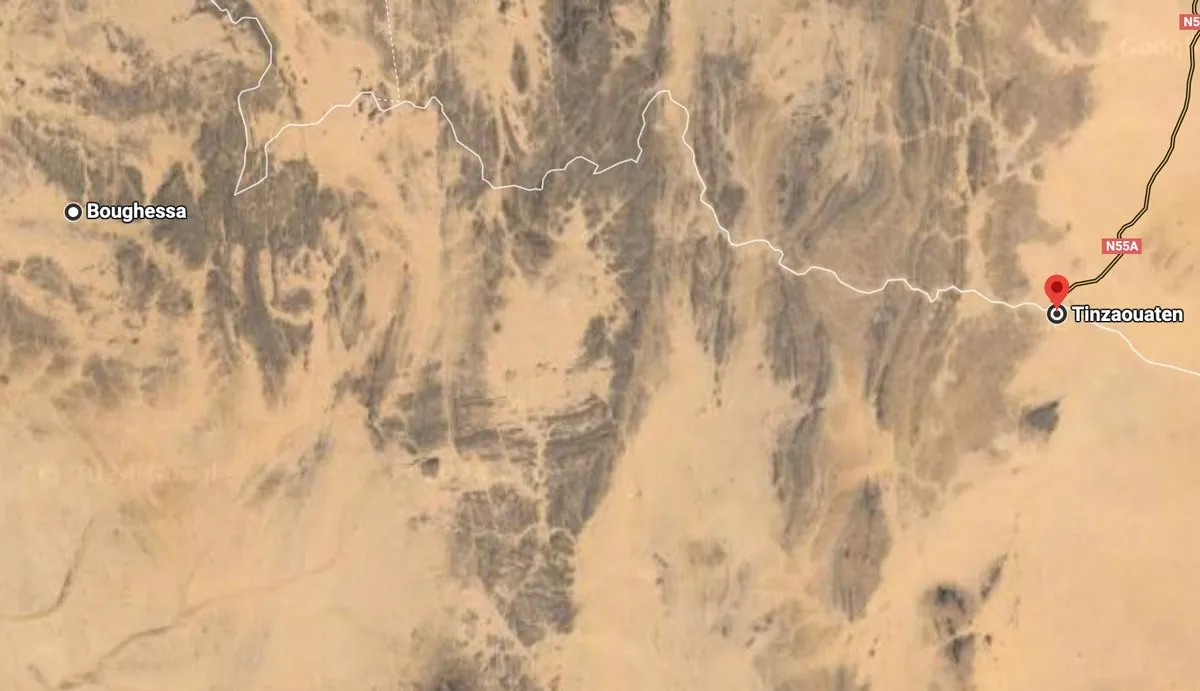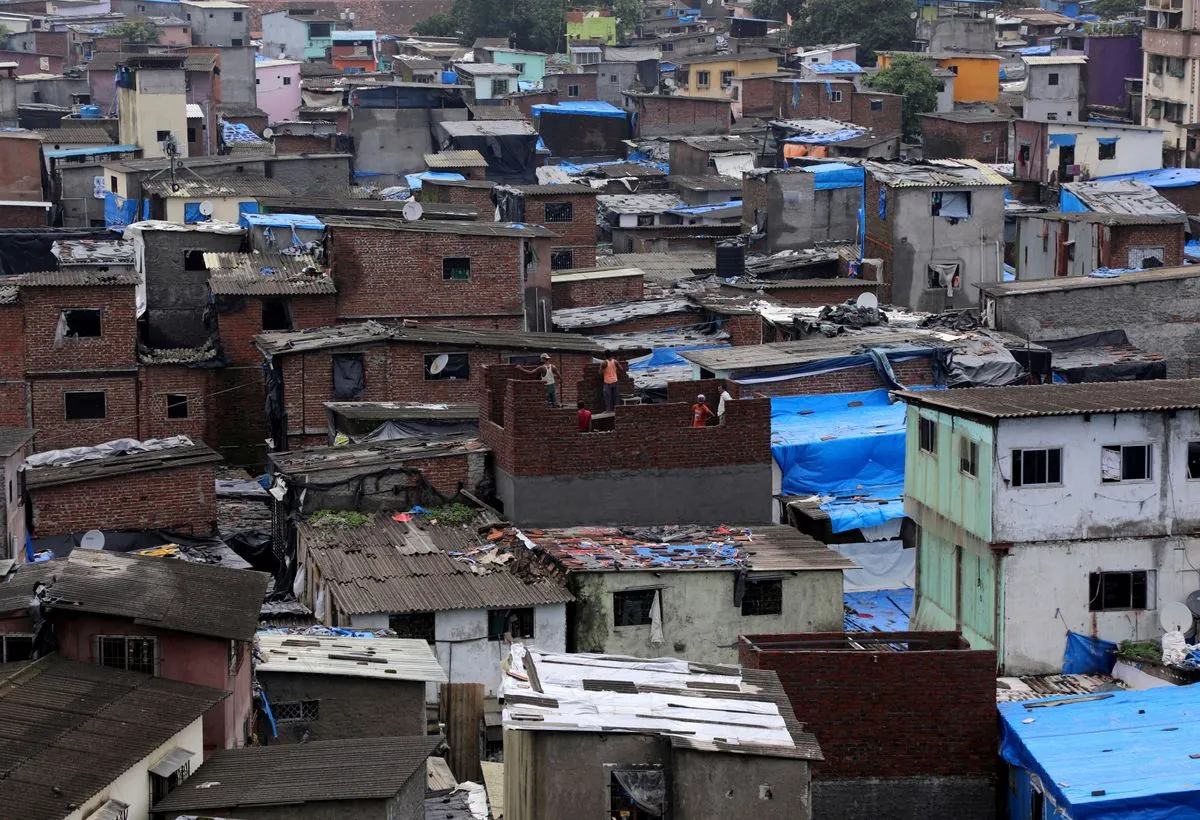Deadly Drone Strikes Hit Tinzaouaten, Mali, Amid Ongoing Conflict
Drone attacks in northern Mali killed at least 15 people, including children. The incident highlights the ongoing conflict involving Tuareg rebels, jihadist groups, and Russian mercenaries in the Sahel region.

In a recent development in the ongoing conflict in Mali, drone strikes have resulted in significant civilian casualties in the northern town of Tinzaouaten. According to reports from Tuareg rebels, at least 15 individuals, including children, lost their lives in the attack on August 20, 2024.
Tinzaouaten, situated in the Kidal Region near the 1,376 km long Algerian border, has been a focal point of military activities in recent months. The town came under fire just weeks after a major confrontation between Malian forces, supported by Wagner Group mercenaries, and insurgent groups in the area.

Mohamed Elmaouloud Ramadane, a spokesperson for the Permanent Strategic Framework for Peace, Security and Development (CSP), a rebel coalition, stated that the drone strikes targeted civilian infrastructure, including a residence and a pharmacy. The death toll is expected to rise, underscoring the devastating impact on the local population.
This incident occurs against the backdrop of a complex and protracted conflict in Mali, which began in 2012 when Islamist groups co-opted a Tuareg rebellion. The Tuareg, a Berber ethnic group primarily inhabiting the Sahara, have long sought greater autonomy in the region.
Mali, the eighth-largest country in Africa, has faced significant challenges in maintaining stability and security. Despite a peace agreement signed in 2015 between the government and separatist groups, tensions have persisted. The CSP's withdrawal from peace talks in 2022 further complicated efforts to resolve the conflict.
The involvement of the Wagner Group, a Russian paramilitary organization, has added another dimension to the conflict. In July 2024, the group reportedly suffered substantial losses in an engagement near Tinzaouaten, potentially their most significant setback since their deployment to Mali two years ago.
"We killed at least 84 Wagner mercenaries and 47 Malian soldiers."
The security situation in Mali has had far-reaching consequences for the entire Sahel region. Frustrations over the authorities' inability to restore order have contributed to political instability, leading to coups in Mali, Burkina Faso, and Niger between 2020 and 2024.
These political upheavals have resulted in a shift in regional alliances. The new juntas have distanced themselves from Western and regional partners, instead turning to Russia for support. This realignment has significant implications for international efforts to combat extremism in the Sahel.
Mali's complex situation is further compounded by its economic challenges. Despite being rich in natural resources and home to the ancient city of Timbuktu, a UNESCO World Heritage site, Mali ranks among the world's poorest countries. Its economy, primarily based on agriculture and mining, faces significant hurdles in development and poverty reduction.
As the conflict continues, the international community remains concerned about the humanitarian impact and the potential for further destabilization in the region. The United Nations Multidimensional Integrated Stabilization Mission in Mali (MINUSMA), established in 2013, faces increasing challenges in supporting political processes and security-related tasks in this volatile environment.
The recent drone strikes in Tinzaouaten serve as a stark reminder of the ongoing violence and its impact on civilian populations in Mali. As various armed groups, including jihadist insurgents linked to Al-Qaeda and Islamic State, continue to operate in the region, the path to lasting peace and stability remains uncertain.


































